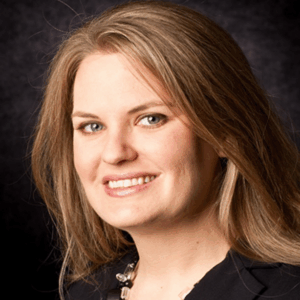Brain pacemakers offer promise to treat Alzheimer’s
In October 2012, a woman with Alzheimer’s disease was implanted with a brain pacemaker. The procedure, which was performed at The Ohio State University Wexner Medical Center in Columbus, is the beginning of a Food and Drug Administration (FDA)-approved study at that facility to determine if deep brain stimulation(DBS) can be an effective treatment for Alzheimer’s disease. The study will include up to 10 patients suffering from mild or early Alzheimer’s disease, each of whom will have pacemakers implanted in their brains.
The study, which is being conducted by Dr. Douglas Scharre, neurologist and director of the division of cognitive neurology, and Dr. Ali Rezai, neurosurgeon and director of the neuroscience program at the medical center, will hopefully determine if a brain pacemaker can improve cognitive and behavioral functioning in Alzheimer patients by stimulating certain areas of the brain with a pacemaker.
Researchers hope that the study can determine whether DBS surgery can improve function governed by the frontal lobe and neural networks involved in cognition and behavior. The process of implantation is similar to that of a cardiac pacemaker except that the wires are implanted in the brain and not the heart.
“Basically, the pacemakers send tiny signals into the brain that regulate the abnormal activity of the brain and normalize it more,” says Dr. Rezai in a media release. “Right now, from what we’re seeing in our first patient, I think the results are encouraging, but this is research. We need to do more research and understand what’s going on.”
The Alzheimer’s study is scheduled to be completed in 2015.

Sandra Hoban was on I Advance Senior Care / Long-Term Living’s editorial staff for 17 years. She is one of the country’s longest-serving senior care journalists. Before joining Long-Term Living, she was a member of the promotions department at Advanstar Communications. In addition to her editorial experience, Sandi has served past roles in print and broadcast advertising as a traffic and talent coordinator.
Related Articles
Topics: Alzheimer's/Dementia , Clinical











